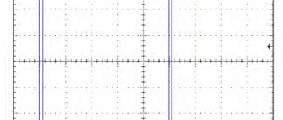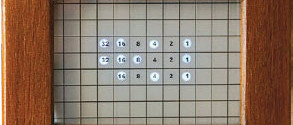| Some clocks use the frequency of the mains voltage to keep accurate time. But what if a design is intended for a 50-Hz mains and doesn't...
All items tagged with Circuit and Clock (12)
| The alarm clock (radio) has seen two significant improvements since its invention. The first is the snooze button, and the second we present...
| For many years the author has been approached by people who have managed to lay hands on an ‘antique’ electric clock and need an alternating...
| Many electronic projects call for a timebase generator, accurate to a second or so. One way of producing this is with a microcontroller, qua...
| This clock displays the time in binary using discrete LEDs. The use of Flowcode [1] makes it very easy to program the PIC controller in this...
| The special feature of this analogue wall clock is that it uses a standard model servo to tell the time. The display principle is the same a...
| The DCF-controlled LED clock design, published in the May 1998 issue of Elektor Electronics, is a radio-controlled electronic version of the...
| If a PIC is used for example in a timer application, such as a programmable clock timer, the majority of the circuit is taken up by the us...
| A simple switching clock which keeps one light on in the evening hours when you are not at home is no Ionger taken seriously as a burg...
| This running light circuit drives a matrix consisting of 8 up to 32 LEDs, and is primarily intended for playful and decorative application...










